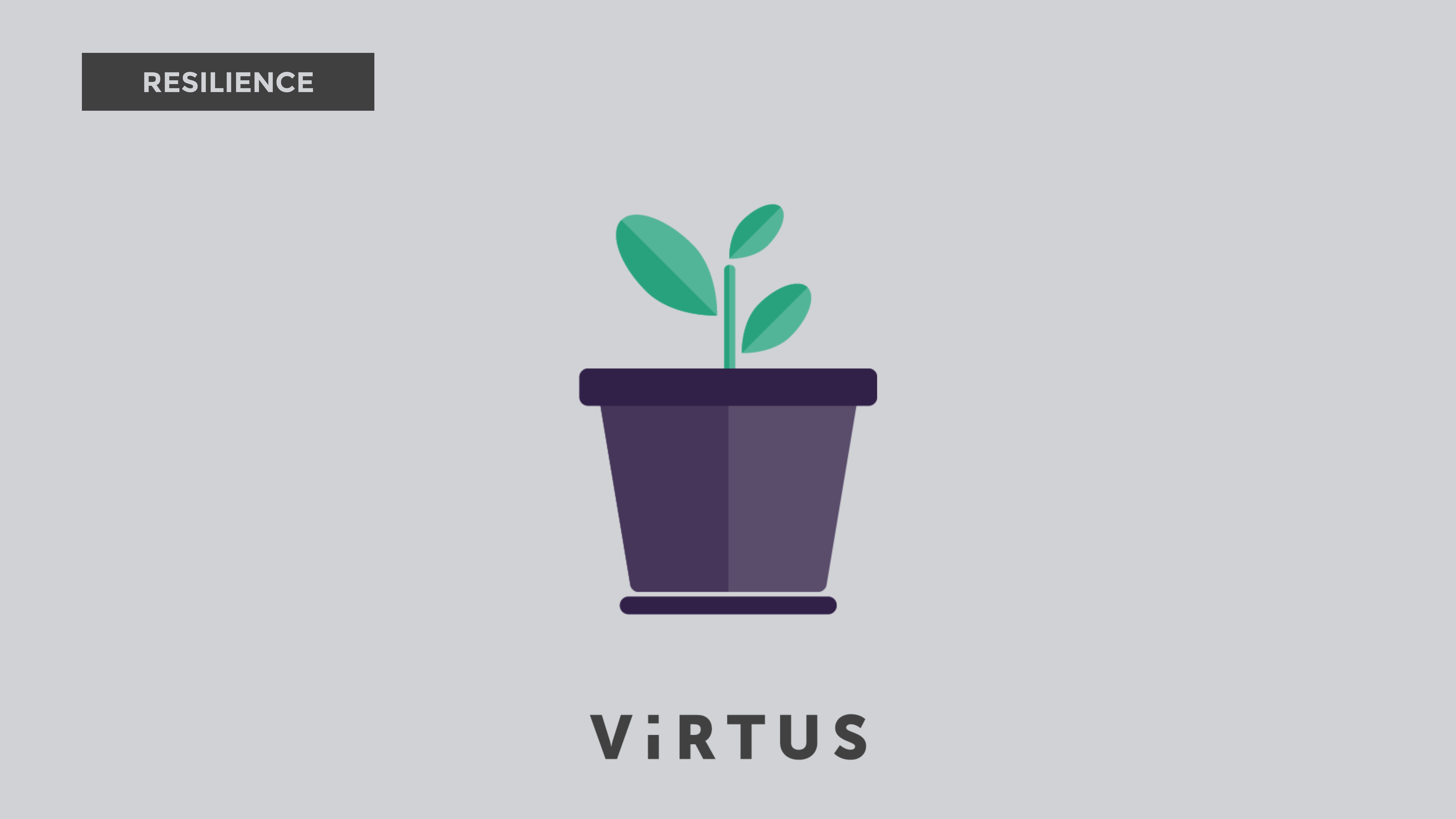
24 Jul Harnessing Emotions: Cultivating Resilience Through Emotional Intelligence
Welcome to our three-part series on resilient leadership! Each week, we’ll unpack three key components of resilience: mindset, emotions, and energy, offering tips to boost each one along the way. Our aim is to learn how to grow our resilience, empowering us to not only handle leadership challenges, but thrive through them.
As leaders, we all have those moments where our emotions drive our behaviour, be it positively or negatively. It can be a tense meeting, a big win for your team, or even a personal issue that suddenly makes it difficult to focus and lead effectively. It’s perfectly normal – we’re human after all! The key lies not in suppressing these emotions, but in understanding, managing, and responding to them constructively. This is the essence of emotional intelligence, a vital component of cultivating resilience.
The Power of Emotional Intelligence:
Emotional intelligence refers to our ability to understand, use, and manage our emotions in positive ways. It enables us to empathize with others, overcome challenges, and defuse conflict. Essentially, it’s like a secret weapon for resilience, helping us stay composed, clear-headed, and solution-focused, even in the most testing situations. Emotional intelligence supports resilience by helping us have self-awareness and use our emotions as intel to better understand our reactions and be proactive about taking care of the underlying issues.
Cultivating Emotional Intelligence for Resilience:
Cultivating emotional intelligence may seem complex, but it starts with some simple, actionable steps:
- Emotional Awareness: The first step is to become aware of your emotions. Take note of how you’re feeling throughout the day and what triggers those feelings. This awareness creates a solid foundation for managing your emotions.
- Emotional Regulation: Once you’re aware of your emotions, you can begin to manage them. This doesn’t mean suppressing negative emotions, but rather acknowledging them, understanding their origin, and letting them pass without allowing them to dictate your behavior or decisions.
- Constructive Expression: Express your emotions constructively. Whether it’s sharing your feelings with a trusted colleague or taking a moment to calm down before responding to a difficult situation, constructive expression can prevent emotional reactions from damaging your relationships or leadership.
Great leaders know that understanding and accepting our emotions, while taking responsibility for our reactions, is key to effective, relatable leadership and enables us to build our own resilience. Remember, your emotions are not your enemy. They’re signals, giving you valuable insight into your mental state. By understanding and managing your emotions, you can transform them from potential obstacles into stepping stones towards becoming a more resilient leader.
In our next blog post, we’ll explore the importance of energy – physical and mental – in cultivating resilience. Stay tuned for insights on how maintaining your energy can bolster your resilience and enhance your leadership effectiveness.
No Comments